Pakistan, Iran sign deal to raise power exchange to 200 MW
Iran and Pakistan have signed a new electricity exchange agreement under which the volume of power traded between the two neighbors will rise to 200 megawatts.
The signing took place in Tehran on Monday in a ceremony attended by visiting Pakistani Energy Minister Khurram Dastgir Khan and his Iranian counterpart Ali Akbar Mehrabian.
Mehrabian said the design and execution of the project was carried out in less than nine months, which is a "unique record". Test runs on the line for interconnecting the two countries’ grids have been completed, he added.
“This modern infrastructure will be officially inaugurated in the near future” by the two countries’ presidents, he said, expressing hope that the agreement will be a prelude to further development of energy cooperation between Iran and Pakistan.
Mehrabian said connecting Iran's electricity grid to neighboring countries primarily improves the stability of the network and establishes an infrastructure for sustainable electricity supply.
“In this regard, measures such as connecting Iran's electricity grid to Turkey, Russia and other neighboring countries have been taken or are being taken,” he added.
Mehrabian touched on the “very positive” economic cooperation which has been forged between Iran and Pakistan under the administration of President Ebrahim Raeisi, which has seen annual trade between the two neighbors surpass $2 billion.
Minister Dastgir Khan thanked Iran for the high speed of the implementation of the project, hoping the two countries would move together to a brighter future.
“The lights that turn on in our country are owed to the extensive efforts and cooperation with Iran in the field of electricity,” a Farsi transcription of his remarks by Fars news agency said.
Energy cooperation with Iran is one of the special agendas of the Pakistani government, he added.
The Iran-Pakistan relationship, shaped by bilateral security concerns and strategic interests on one hand and flux in political identity of the two states on the other, has been evolving over time. For years diverging geopolitical interests and alignments in the region moved the two nations further apart, but they have moved closer recently.
The biggest hurdle in the bilateral trade is the absence of banking channel between the two countries due to American sanctions on Iran. Officials say both countries need to have an effective barter trade mechanism to counter the negative impact of banking sanction on trade. Besides, some non-tariff barriers are also there which can easily be removed through regular interactions and mutual understanding.
Iran and Pakistan signed their first barter trade agreement to exchange Pakistani rice with Iranian LPG in November 2021, marking a watershed in a quest to overcome the biggest hurdle to business between the two big neighbors.
Other than the barter trade in rice, the two sides agreed on construction of border markets, and movement of trucks under the Convention on International Transport of Goods (TIR) cooperation for Pakistan to reach European and Caucasian markets and for Iran to access the Chinese market.
Meanwhile, Iran, Pakistan and Turkey have revived a rail line connecting Istanbul to Tehran and Islamabad and ultimately extend it to China.
The railroad service, stretching for 6,540 km, cuts the 21-day journey between Pakistan and Turkey by sea to 10 days. And by extension, it connects to China's Xinjiang autonomous region which is populated by ethnically Turkic Uighur Muslims.
The Taftan-Mirjaveh, Mand-Pishin, and Gabd-Rimdan border crossings opened in recent years have also become established economic sources for the local populations on both sides, where thousands of people rely on the opportunities that the border trade provides.
Hamas thanks Iran, Resistance Front following achievement of ceasefire in Gaza
'Capitulation': Israeli officials and media concede Gaza defeat as truce unfolds
'Gaza has won': Social media users react to ceasefire with mix of relief, joy
Iran seeks South Korea’s assistance for AI, fiber-optic projects
VIDEO | Iran's 'Eqtedar' (Power) maneuver
Israel hits HTS military target in Syria for 1st time since fall of Assad
VIDEO | Press TV's news headlines
Israel has slaughtered 13,000 students in Gaza, West Bank


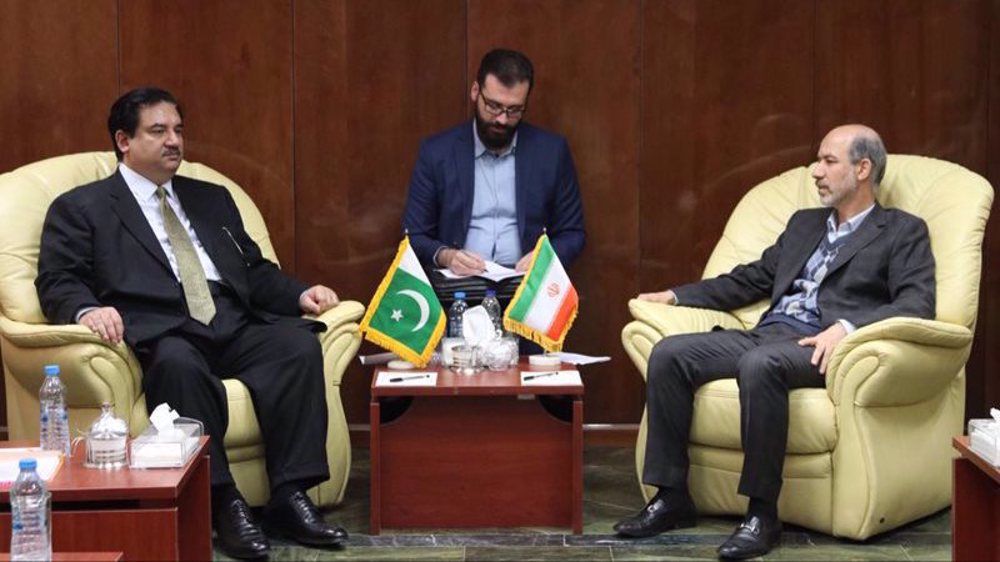
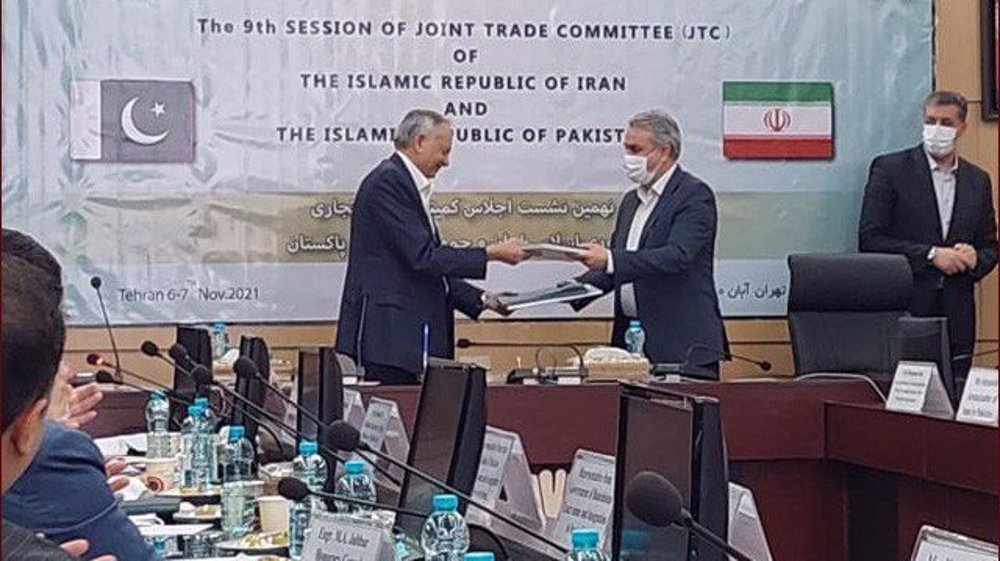
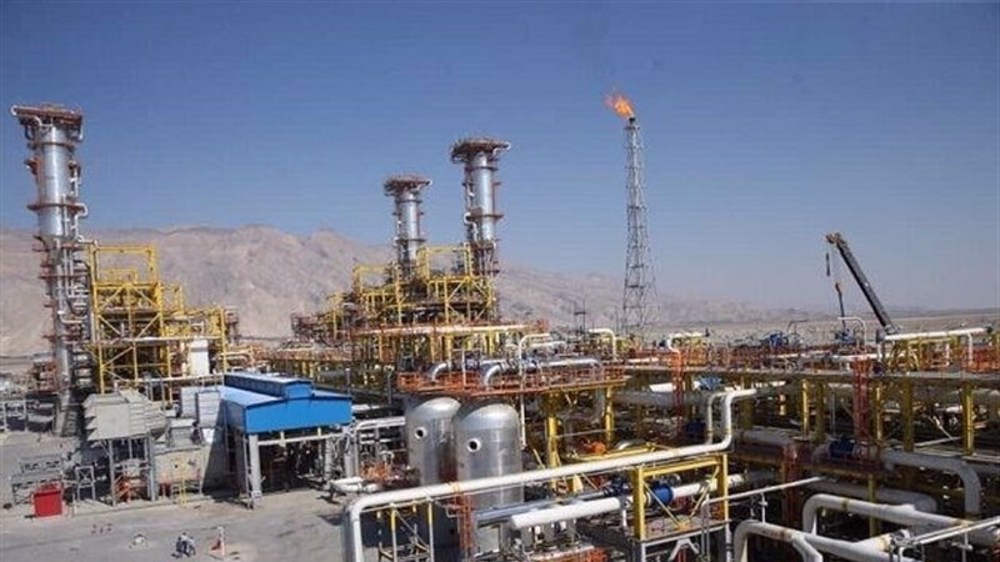
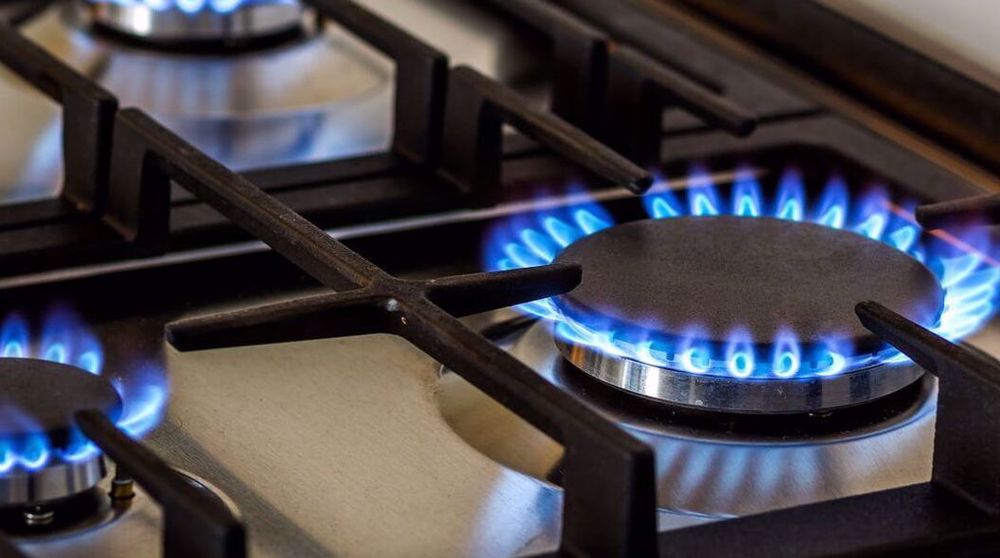
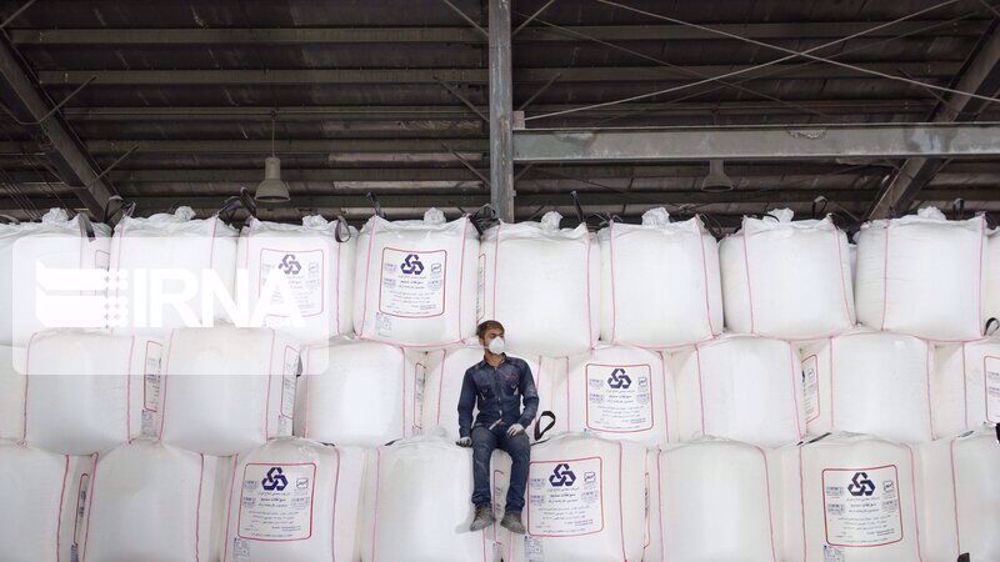




 This makes it easy to access the Press TV website
This makes it easy to access the Press TV website